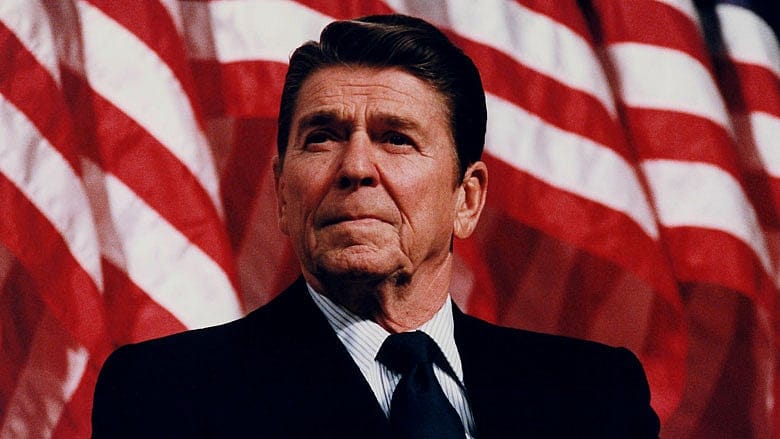Rock, Paper, Scissors: Leadership styles and political campaigns (Part I)

It's leadership style, stupid!
Take off your partisan hats and your ideological glasses for a moment, and think about these presidential contests:

It's leadership style, stupid!
Take off your partisan hats and your ideological glasses for a moment, and think about these presidential contests:

Christianity has a long and formal history with Britain. Christianity arrived in the British Isles in 47 A.D., according to sixth century cleric St. Gildas in his work De Excidio et Conquestu Britanniae. Saint Augustine of Canterbury, a Benedictine monk, began his ministry to England in 597 when he formally established the Church of England. Nearly 1,000 years later, Henry VIII was pronounced the head of the Church of England by the 1534 Act of Supremacy.
Much has changed, of course, since the Act of Supremacy formally established the Church of England as the established Church of the realm. Nevertheless, the British monarch remains the Supreme Governor of the Church of England. More than half of the archbishops in the Church of England are permitted to sit in the House of Lords. And the General Synod of the Church of England retain some legislative powers in Britain.